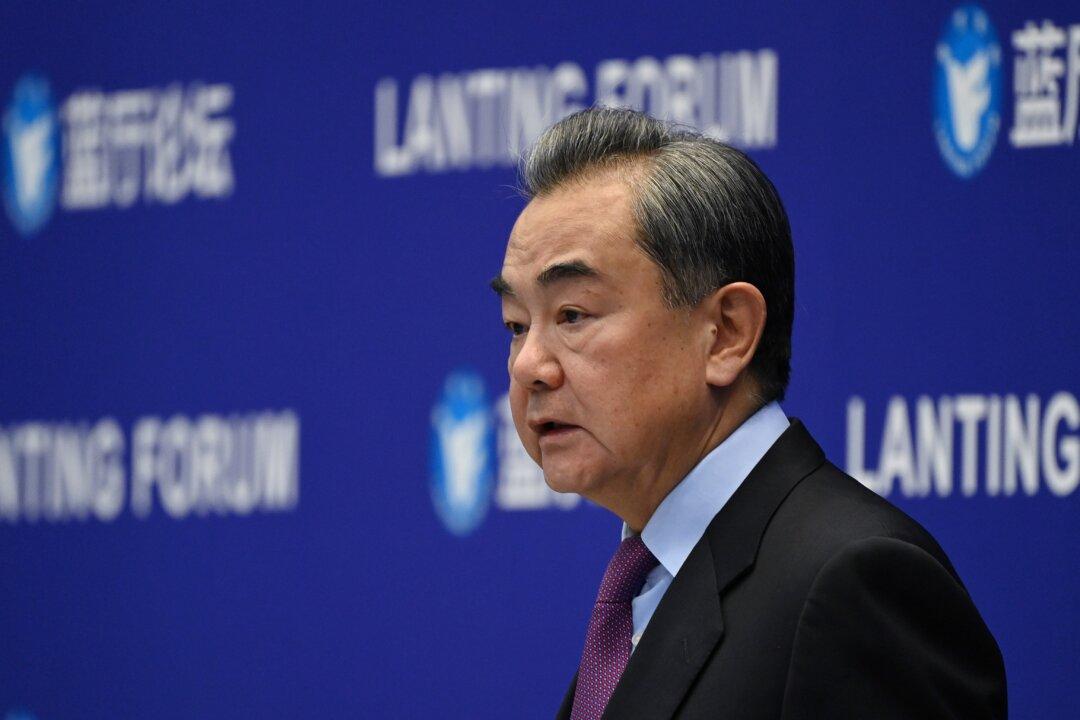China, which has not condemned Russia for invading Ukraine, has raised concerns about the “spill-over effect” of the widespread international sanctions slapped on Moscow.
“Both [China and Pakistan] expressed concerns about the spill-over effects of unilateral sanctions,” Reuters reported the Chinese foreign ministry said after China’s foreign minister Wang Yi met with his Pakistani counterpart Shah Mahmood Qureshi on March 21. “Both called for a ceasefire through diplomatic dialogue and hope that based on the principle of indivisible security, a fundamental solution to the Ukraine problem can be found.”





